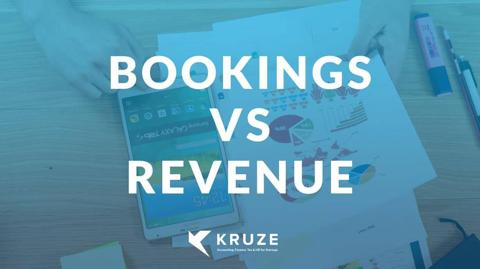
The Paycheck Protection Program was created to provide startups and other small businesses with funds to support their operations during the COVID-19 pandemic. Startups had to meet certain eligibility requirements to receive PPP loans – they had to retain their employees and maintain specified payroll levels for a stated period to have the loans forgiven. However, accounting for PPP loans has caused a lot of confusion for businesses that took advantage of the program. Your lender isn’t going to determine which of the following methods you should use, so you need to choose which approach is right for you, and you should consult your startup accountant before making any decisions.
Putting your startup’s PPP loan on the books
Businesses have basically two options to account for PPP loans under generally accepted accounting principles (GAAP):
- Treating the loan as debt. With this approach, startups would book the loan as debt, and then accrue interest just as they would with any other debt. The loan would remain as debt until it’s officially forgiven, and then it would be added to income as a gain. The interest would need to be reversed on the official forgiveness date. But make sure to give your startup accountant a copy of the forgiveness paperwork to verify.
- Treating the loan as a grant. If the startup is likely to meet all the requirements for loan forgiveness, the PPP loan can be treated as a grant. Using this approach, the funds from the loan would be recorded as a deferred income liability. As the requirements are met and expenses are triggered, the deferred income liability would be reduced and credited as other income or expenses incurred. Typically these expenses happened quickly, and the PPP funds were used almost immediately. This method is less used because it requires a lot more attention.
Non-profit organizations that have PPP loans and expect to meet the loan forgiveness requirements would typically account for the loan under the grant method, as a conditional contribution.
How will your startup’s PPP loan and your accounting affect your taxes?
The Coronavirus Aid, Relief, and Economic Security (CARES) Act stated that businesses didn’t need to report the forgiven amount of funds from PPP loans as income for federal tax purposes. In addition, the Consolidated Appropriations Act clarified that businesses may also deduct expenses that were paid with PPP loans, as long as the expenses were for tax-deductible items. However, many states haven’t issued any guidance yet on whether they will consider PPP loans as taxable income.
PPP Loans - notes to financial statements example
Some companies need to publish notes along with their financial statements - this is pretty common if you have an auditor. You’ll want to work with your auditor to come up with the exact language that you’ll need, but the information that you’ll want to include is:
- Date you took out the PPP loan
- Amount of the loan
- The bank that provided the loan
- When interest payments will start (likely in 2022)
- The materiality of the interest expense (likely immaterial)
- Date the loan was forgiven
- How you accounted for the PPP loan’s forgiveness
Example note for financial statement if the loan is treated as debt
Make sure to customize this based on your particular situation and work with your auditor!
Loan - On [date in 2020], the Company entered into a $[amount] uncollateralized loan with [Name of Bank/financial institution] under the Paycheck Protection Program (“PPP”) of the Coronavirus Aid, Relief, and Economic Security Act of 2020 (“CARES Act”). The loan bears interest at [x%] annually, and will require monthly payments of $[payment amount] beginning [date, likely in 2022]. Interest expense for this loan was [immaterial/material] for the year ended [year].
Subsequent events / PPP Loan Forgiveness - On [forgiveness date], the Paycheck Protection Program loan with [bank] was forgiven in full [assuming it was forgiven, and in full!]. The Company recognized a corresponding gain on debt extinguishment of $[amount].
The example above assumes that the loan was treated as debt.
Talk to your startup accountant
There are other considerations to booking a PPP loan, including tax liability. You may need help determining the timing of deductible expenses and how loan forgiveness affects your income, particularly if more than one tax year is involved. Each situation is unique, and your accountant can help you decide which accounting method and tax treatment is best for your startup. If you’ve got more questions about PPP loan forgiveness or your startup’s tax liability, contact us.
Other information related to startup accounting and COVID-19:
Paying Back the COVID Payroll Tax Deferrals
Vaccine Tax Credit for Startups















